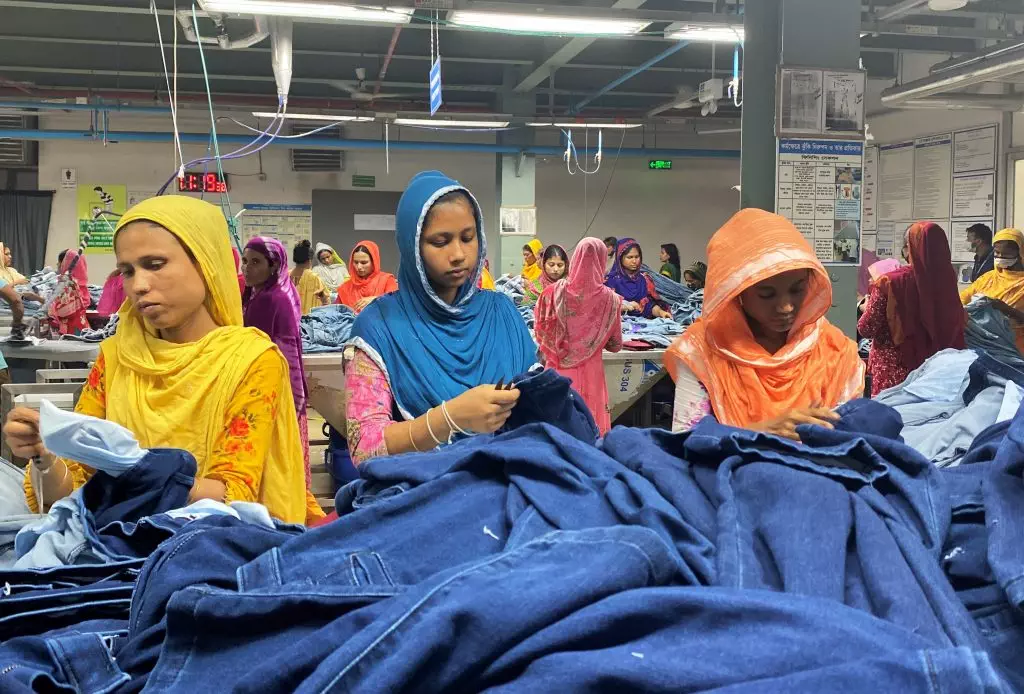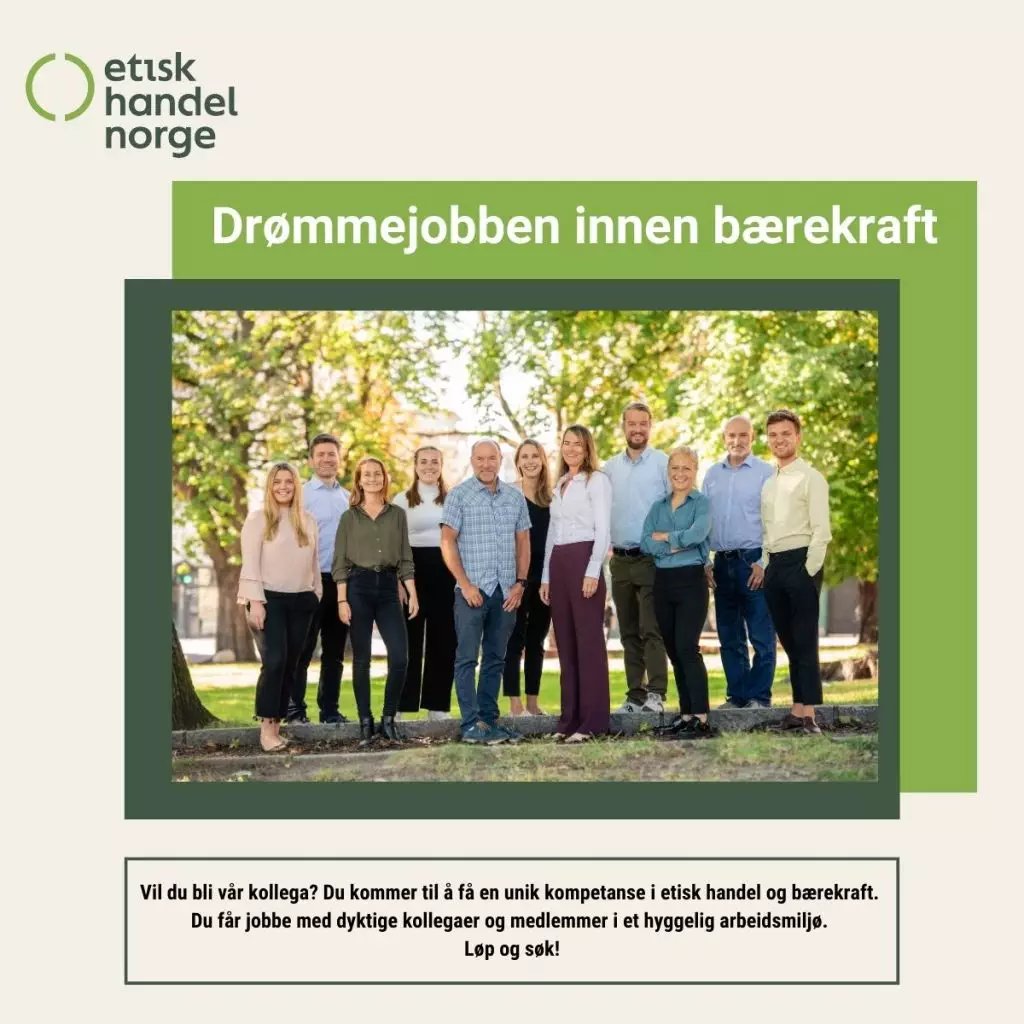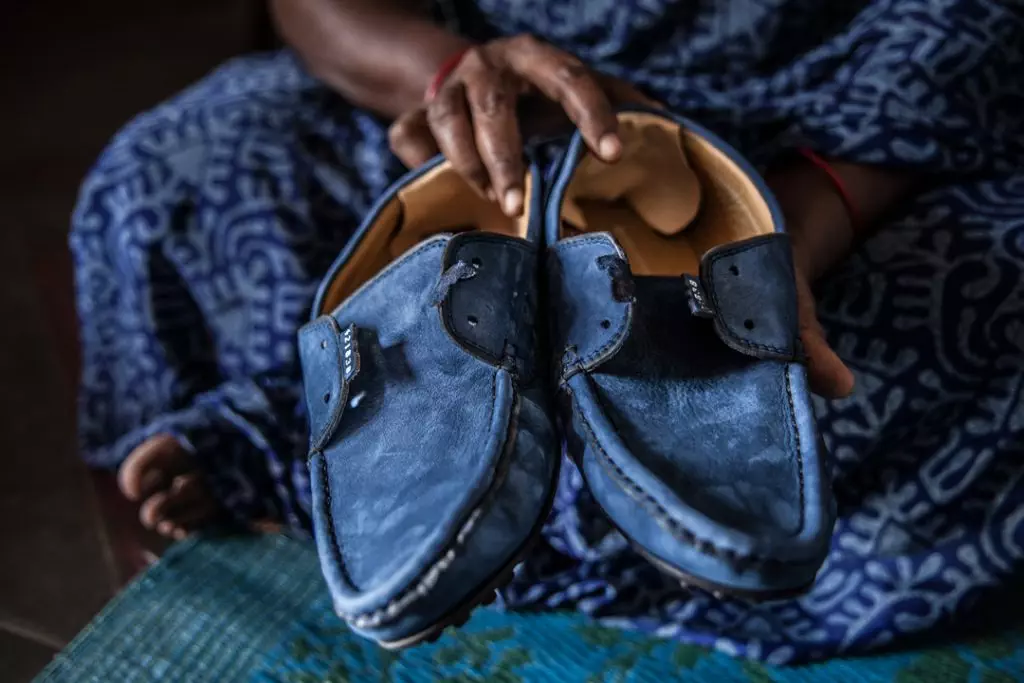Kvinnedagen 8. mars: Hvilken vei går likestillingen?

Verden går framover på likestillingsområdet, men det er fremdeles langt flere menn enn kvinner i maktposisjoner. Det er bevist mange ganger at politisk, økonomisk og sosial likestilling mellom kjønnene bidrar til en positiv utvikling på alle plan. Likestilling og kvinners rettigheter er et gjennomgående tema i bærekraftsmålene, og det er helt essensielt for å kunne […]
Drømmejobben innen bærekraft

Vår dyktige kollega skal ut i foreldrepermisjon og vi trenger deg som brenner for bærekraft og vil jobbe i Nordens ledende fagmiljø for ansvarlig næringsliv! For å nå bærekraftsmålene må aktsomhetsvurderinger være en sentral del av næringslivets forretningspraksis. Etisk handel Norge skal være ledende på aktsomhetsvurderinger og den nye åpenhetsloven, og menneskerettighetene må ivaretas i […]
Visste du at hele 8 prosent av verdens arbeidskraft består av hjemmearbeidere?

ILO (FNs internasjonale arbeidsorganisasjon) anslår at det i 2021 var 260 millioner hjemmearbeidere i verden, noe som tilsvarer 8 prosent av arbeidskraften på verdensbasis. Det kom fram på webinaret Åpenhetsloven og hjemmearbeidere – den skjulte risikoen og hva selskapene må gjøre, som Etisk handel Norge nylig arrangerte sammen med Home Workers Worldwide og Etisk handel […]